With the New Year well behind us, it’s time to start thinking about those resolutions that you may have planned. Why not start by double and triple checking your existing insurance policies to make sure they are adequate, cost effective, and all around the right policy for your community’s needs.
Follow these tips to check your association insurance is getting the best value and coverage:
- Know you governing documents. Before doing much of anything else, your board should carefully read your association’s governing documents to make sure you’re meeting their requirements. Some associations have coverage requirements that are more expansive than what is actually required by law. If this is the case for your community, consider amending the governing documents with the advice of your insurance agent and association lawyer. This can help your community save money by making sure you’re not over insured.
- Deal with a professional. Find an insurance agent you trust that has experience specifically in HOA and condo insurance. Not all insurance is the same, so making sure you have an expert in condo/HOA insurance ensures you’ll be on the right track with coverage and deductibles.
- Check the insured value of property. The value of property fluctuates, so make sure you’re not paying premiums based on the value land, or declining property values. You also want to make sure the value of your property hasn’t gone up significantly, causing the association to be under-insured. You should do this every year!
- Look for a co-insurance clause. This boils down to making sure you don’t get so aggressive in reducing the cost of premiums that you end up shortchanging yourself in the unfortunate event of a substantial claim. You should always make sure your property is insured at what your carrier considers “full coverage”. If you don’t, the carrier may impose a co-insurance clause that allows them to pay out less because you failed to fully insure your property.
- Double check deductibles. In some cases you can increase your deductible and significantly lower the cost of premiums. Just remember, don’t increase your deductible so much that you’re unable to pay it in the event of a substantial claim/loss.
Whatever your association decides to do regarding insurance, make sure you do it with the input and advice from an experienced agent and the input of your legal council. Between the two of them, you’ll rest easy knowing you’re fully insured and operating within the requirements of your governing documents.
Related: Saving on Your Homeowners Insurance




